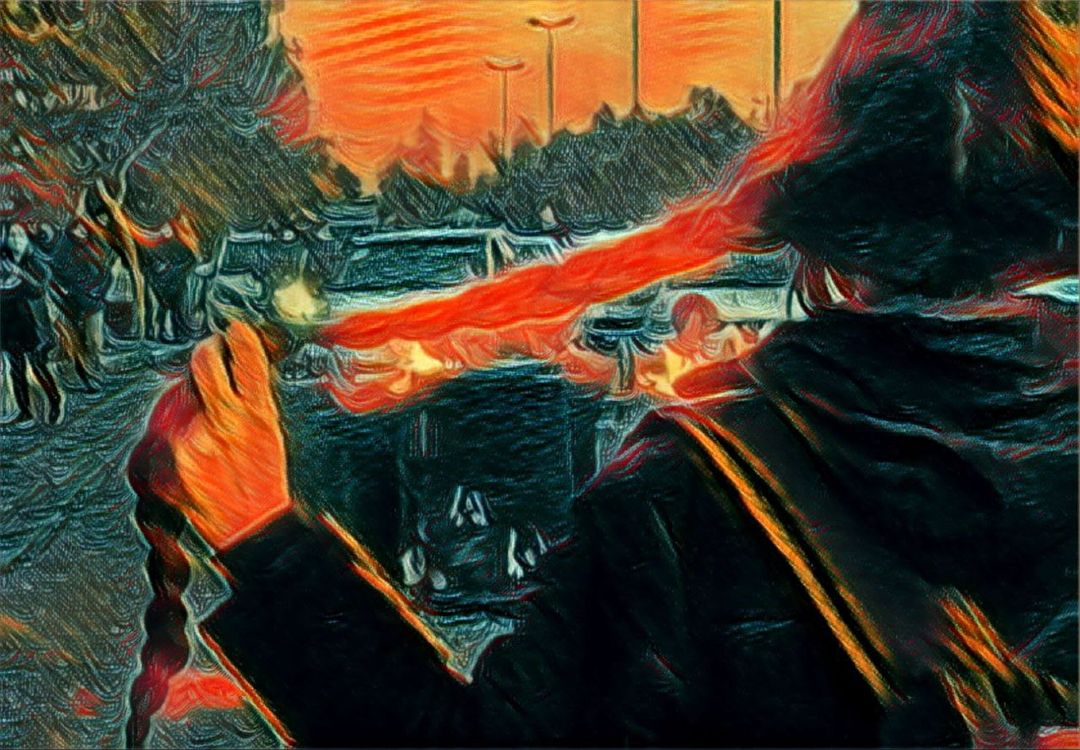Mariya bint Rehan wrote an article for New Arab about racism, focusing on the West. She challenged Islamophobia and the colonial attitudes embedded in Western narratives. But her words, like so many others before her, told only part of the story. She critiqued how Western ideas shape expectations of Muslim women, yet overlooked the deep struggles these women face within their own homes, communities, and societies.
She wrote, “Muslim women in times of war and peace are encouraged to engage in a self-contorting insanity to create a circus whose sole purpose is to satisfy a secular gaze which is itself wrestling with its own conscience. We must be the skateboard-wielding, independent, career-pursuing women.”
Her language was sharp, but the reality is sharper. Behind the Hijab of religion, a political movement operates—one that hides itself as culture and identity. It speaks of the “Muslim woman” as though she were a single, unchanging figure, stripped of individuality and shaped to serve a political vision. The same is true for the so-called “Muslim” or “Islamic” society, a label that erases diversity and imposes a single story. Real people, with real struggles, are replaced by a shadow—a constructed identity that serves power, not the people.
Even the religious clergy themselves—those who claim to speak for faith—cannot agree on what this identity should look like. In Najaf, in Cairo, in Qom, they argue. Their debates expose the lie of a unified vision. Yet the political movement Mariya defends pretends otherwise. It pretends there is one way, one truth, one woman, and one society.
Mariya’s critique of Western stereotypes is necessary, but it stops short. It does not speak for the women who fight every day in their own lands—women who resist not only the Western gaze but also the oppression of their own leaders. In Iran, Türkiye, Pakistan, Egypt, and Tunisia, women rise. They stand against forced hijab, against child marriage, against violence at home. They demand labor rights and gender equality. These women fight on all fronts, against patriarchy, against exploitation, and against the silence imposed upon them.
Mariya points to racism in the West but says little about the racism at home. Women in the Middle East bear a double burden—the weight of both their ethnicity and their gender. By placing all women under the same label, she erases their unique struggles, their differences, their lives.
She speaks of motherhood as a trap for women, and she is right. But she misses the full picture. Motherhood is weaponized. Women are told to bear children to serve the state, yet they are excluded from meaningful participation in public life. This dynamic plays out in the West as well, though in different ways. But who calls them “Christian women” and forces them into a single mold? Such labels would never hold.
In trying to critique Western narratives, Mariya’s words twist the truth. Today, women’s rights are under attack in the West by right-wing movements. At the same time, many turn a blind eye to the suffering of women in the Middle East, dismissing it as “their culture.” That phrase itself is steeped in racism, a way to justify silence.
Mariya’s critique begins an important conversation, but it cannot end there. The struggles of women in the Middle East—and across the world—are far more complex, far more connected, and far more urgent than a single story can tell.

Photo: Take a look at a Tehran newspaper last November. It shows Palestinian women as mothers of war, praises them for being part of the fight by their Death! The headline screamed it like a victory. But who asks the mothers what they want? Condemning the West is very simple. So simple that it has become the most important tool of repression at home!









I don’t know who is Mariya, but this article is gold!
This is a great rebuttal!
Sincerely,
Ani Zonneveld http://www.mpvusa.org/ani-zonneveld Muslims for Progressive Values http://www.mpvusa.org/ Listen to my interview on \”Unreasonable https://www.buzzsprout.com/2149835/14965269\” podcast